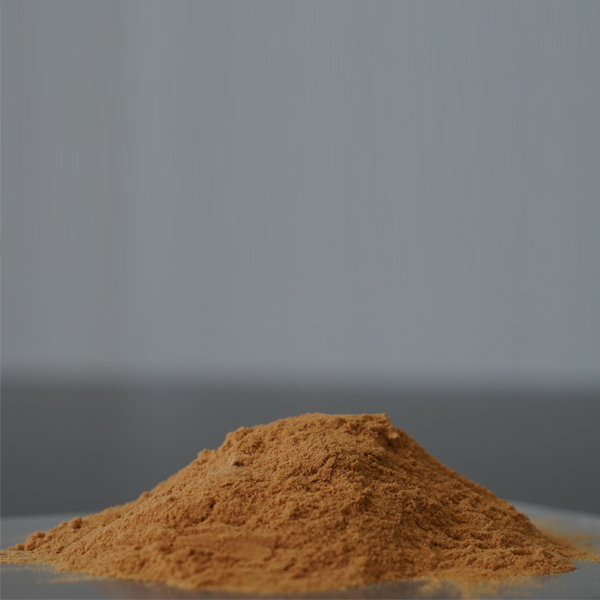
News
okt . 22, 2024 06:32 Back to list
Essential Micronutrients for Optimal Plant Health and Growth Strategies
The Importance of Six Micronutrients for Plant Health
In the intricate web of plant nutrition, micronutrients play a crucial role in ensuring optimal growth and development. Though required in much smaller quantities than macronutrients, these six essential micronutrients—iron, manganese, zinc, copper, molybdenum, and boron—are vital for various physiological functions in plants. Understanding their roles can help gardeners and farmers create a balanced nutrition plan for their crops, leading to healthier plants and better yields.
1. Iron The Key to Robust Growth
Iron is fundamental for the synthesis of chlorophyll, the pigment responsible for photosynthesis. Without adequate iron, plants can exhibit symptoms of chlorosis, where leaves turn yellow while the veins remain green. This condition not only affects the aesthetic appeal of the plant but also hampers its growth and productivity. Iron’s role extends beyond chlorophyll production; it is involved in enzymatic processes that aid in energy transfer and the synthesis of nucleic acids. Ensuring that the soil has appropriate levels of iron, often through chelated forms, can help maintain strong and vibrant plant life.
2. Manganese A Versatile Player
Manganese is crucial for photosynthesis, respiration, and nitrogen metabolism. It acts as a cofactor for several enzymes, playing a significant role in the plant’s antioxidant defense mechanisms. A deficiency in manganese can lead to poor growth, reduced crop yields, and susceptibility to disease. Symptoms often manifest in the form of interveinal chlorosis—where yellowing occurs between leaf veins. By incorporating manganese-rich fertilizers or organic matter into the soil, farmers can boost plant health significantly.
Zinc is another micronutrient that is vital for plant growth. It is necessary for the synthesis of plant hormones and is involved in processes such as seed germination and leaf expansion. Zinc deficiency often leads to stunted growth, leaf curling, and poor fruit development. Adding zinc sulfate or chelation agents to the soil can effectively mitigate these deficiencies and support healthy biochemical reactions, reinforcing the plant’s growth and reproductive capabilities.
six micronutrients for plants quotes

4. Copper The Enzymatic Facilitator
Copper plays a multifaceted role in plant life. It is essential for photosynthesis, metabolism of carbohydrates, and the formation of flower buds. A deficiency in copper can lead to symptoms such as wilting of stems and leaf tip dieback. Furthermore, copper is integral to the functioning of certain enzymes involved in lignin synthesis, which is crucial for cell wall structure and stability. Ensuring an adequate supply of copper, often through foliar applications, can help strengthen the plant and enhance its resistance to various stresses.
5. Molybdenum The Nitrogen Connector
Molybdenum is pivotal in the nitrogen cycle, as it aids in the conversion of inorganic nitrogen into organic forms that plants can use. It is especially crucial for legumes, which rely on nitrogen-fixing bacteria. A deficiency in molybdenum can lead to reduced nitrogen availability, stunted growth, and poor pod development. Fertilizers containing ammonium molybdate can be utilized to prevent deficiencies, particularly in soils with low molybdenum content.
6. Boron The Cell Development Essential
Boron is critical for cell wall formation and the overall structural integrity of plants. It facilitates the transportation of sugars and the regulation of hormones, both vital for proper root development and reproductive success. Boron deficiency is commonly manifest through poor fruit set, and abnormal leaf development, leading to lower yields. Using boron-containing fertilizers can ensure that plants receive this essential element, promoting healthy growth and maximizing fruit production.
Conclusion A Balanced Approach to Plant Nutrition
Understanding the essential roles of these six micronutrients is paramount for fostering healthy plant growth and maximizing agricultural productivity. A balanced approach to plant nutrition—integrating both macronutrients and micronutrients—creates a thriving ecosystem for plants. Gardeners and farmers should regularly test soil nutrient levels and consider incorporating organic and synthetic fertilizers when necessary. By doing so, they can cultivate robust plants that not only survive but thrive, contributing to environmental sustainability and food security.
-
Polyaspartic Acid Salts in Agricultural Fertilizers: A Sustainable Solution
NewsJul.21,2025
-
OEM Chelating Agent Preservative Supplier & Manufacturer High-Quality Customized Solutions
NewsJul.08,2025
-
OEM Potassium Chelating Agent Manufacturer - Custom Potassium Oxalate & Citrate Solutions
NewsJul.08,2025
-
OEM Pentasodium DTPA Chelating Agent Supplier & Manufacturer High Purity & Cost-Effective Solutions
NewsJul.08,2025
-
High-Efficiency Chelated Trace Elements Fertilizer Bulk Supplier & Manufacturer Quotes
NewsJul.07,2025
-
High Quality K Formation for a Chelating Agent – Reliable Manufacturer & Supplier
NewsJul.07,2025
